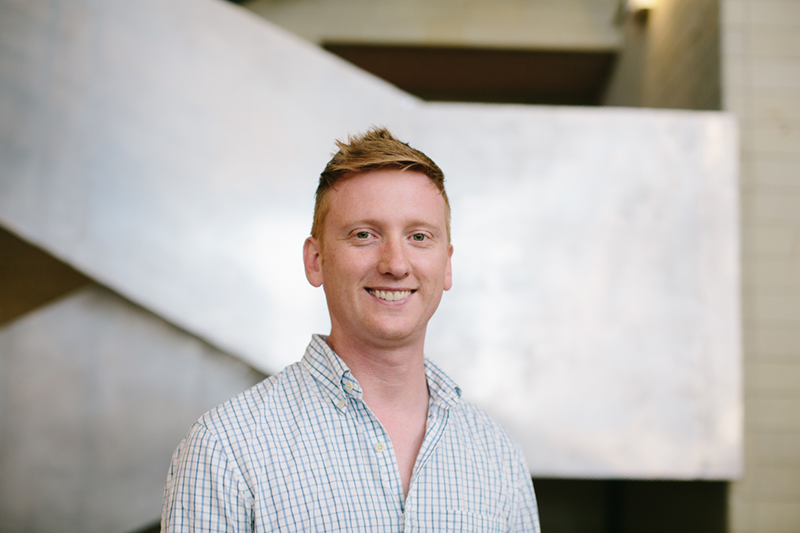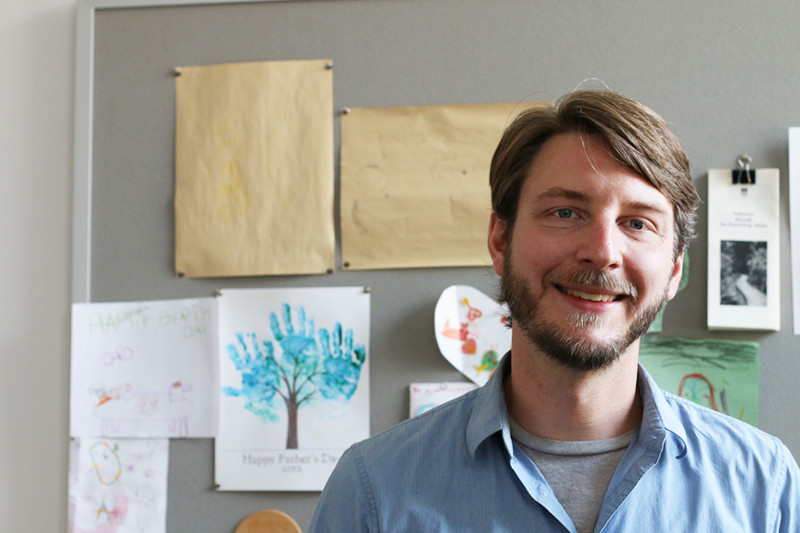This fall, all of Lehigh’s staff, faculty, and students will be asked to complete The Lehigh Survey. The Lehigh Survey is an opportunity to share experiences, opinions and beliefs about the campus community. It is the first time in nearly a decade that such a climate survey has been conducted at Lehigh.
The impetus for the survey was the September 2014 voluntary agreement that Lehigh entered into with the Office of Civil Rights (OCR) of the Department of Education. The agreement was the resolution of a Title IX complaint regarding the defacement of UMOJA House that included racist graffiti. One of the agreement’s requirements is that Lehigh conduct a climate survey annually for at least the next three years.
Karen Salvemini, Lehigh’s Equal Opportunity Compliance Coordinator, explains that a climate survey has two purposes “It’s intended to take stock of where the university is in terms of the presence of harassment on campus and the effects of that harassment,” she said. “Then the data that is generated can be used to formulate responses to those issues.”
The Intersection of “Real Life” and Scholarship
 Even as the events of the fall of 2013 that led to the OCR agreement were unfolding, faculty in Lehigh’s Psychology department specializing in the area of social psychology were discussing and trying to make sense of the behavior.
Even as the events of the fall of 2013 that led to the OCR agreement were unfolding, faculty in Lehigh’s Psychology department specializing in the area of social psychology were discussing and trying to make sense of the behavior.
“We all have things we do on our own, but we all have interests in the areas of stereotyping, prejudice and discrimination,” noted Associate Professor Dominic Packer (photo upper right). “We meet every week and, because the events on campus were a natural fit to what we study, they became a topic of conversation.”
“As scholars we want to know what is going on: what drives the behavior, how do we understand reactions to it?” Dominic explained. “We have different perspectives and approach it from different angles in our research, but there’s a common thread.”

Assistant Professor Christopher Burke (photo lower right) said conversation soon turned to how they might help improve the campus climate by studying it and understanding it better. “We could offer our expertise while also having the opportunity to see things we study in our labs unfolding in a real life context that’s very important to us, that is, the place where we work and spend so much of our time.”
When OCR included a climate survey as part of the agreement, the social psychology faculty group saw their opportunity to make a contribution. “We contacted Jennifer Jensen (Vice Provost for Academic Affairs), and she thought it was a great idea,” Christopher recalled. “She was concerned with burdening us with the responsibility, but it was something we all really wanted to do.”
A Uniquely Lehigh Survey
Jennifer says the faculty team’s proposal offered Lehigh the chance to create a survey that suited its needs while also meeting the OCR requirements.
“We knew we wanted to do a survey that had a lot of weight and reflected the concerns of faculty and staff,” she said. “Provost Pat Farrell asked Gary Lutz and I to lead meetings with faculty and staff to determine where we could improve upon the instrument that was used the last time we conducted a climate survey.”
After looking into what other universities had done, Jennifer said there was growing consensus that the best approach was for Lehigh to create its own survey instrument.
“There can be drawbacks to doing it this way, since you don’t have other universities’ data to compare yours with,” she explained. “But we felt that doing it on our own would be optimal for buy-in from across campus.”
Karen said OCR was very receptive to the idea that Lehigh would create its own survey that went well beyond their narrower requirements. “They (OCR) recognized the benefits of doing it this way,” she said “We had our faculty participate in a conference call so they were all on the same page.”
Building The Instrument
In addition to Dominic and Christopher, other faculty members who worked on the survey included Psychology Department Chair Gordon Moskowitz and College of Education Associate Professor Christopher Liang. With research interests that include unconscious stereotyping, group processes, the impact of racism on mental health, and social support, the team had many fields upon which to draw.
The team revisited the prior climate survey to find questions that would be worthwhile to ask again in order to see if there had been any change in the responses. Next, they built questions that could provide key indicators of both problems on campus and positive things that are happening. Finally, they included measures that come from their various fields of research. At every step, the team consulted with students, faculty and staff to ensure that the survey would address key concerns relevant to different groups on campus.
“We study the process of stereotyping, of group dynamics and relations,” Christopher (Burke) said. “So by understanding some of those mechanisms, we can potentially point to some interventions that the university might consider.”
Jennifer and colleagues in the Office of Institutional Research, including Gary Lutz and Yenny Anderson, worked in parallel with the faculty ensuring that the survey would provide the highest level of confidentiality possible. The survey was put in front of Lehigh’s Institutional Review Board, a requirement for all research involving human subjects.
The team piloted the survey with 200 participants last spring. They wanted to ensure it could be completed in a reasonable amount of time and that the questions provided enough precision to allow for interpretation of the data.
Implications For Lehigh And Beyond
All of the team members agree that getting strong participation from all corners of the campus is essential. Campus climate is multi-faceted, and hearing from everyone provides the best chance to get a complete picture.
Karen wants to hear from everyone. “We’re celebrating our 150th anniversary,” she said. “Let’s see where we are as a university and where we want to go. If we don’t hear from certain voices, we’ll miss that opportunity to make things better.”
The experience of creating the survey has been a remarkable one for Christopher. “As faculty, we can sometimes exist in our bubble and it can be rare that we interact with staff and students on projects like this,” he said. “It’s really heartening to see how many people there are on campus who are dedicated to making this campus a more welcoming and inclusive place for everyone.”
Dominic believes that understanding whether discrimination and prejudice are perceived to be part of a group’s norms is key to finding ways to address these issues. This is true not only at Lehigh, but elsewhere. “For me, there are pieces that will address real psychological questions about how bias works,” he said. “By studying these we will gain insight into improving intergroup relations here, but also potentially beyond our campus.”
